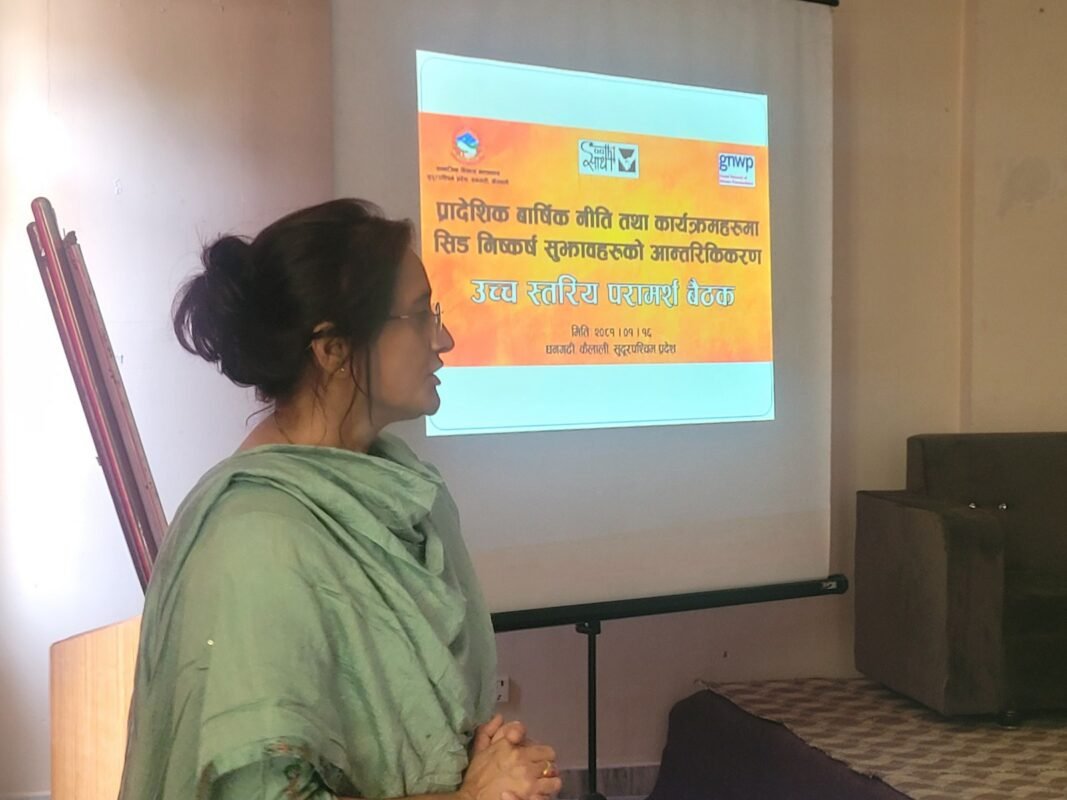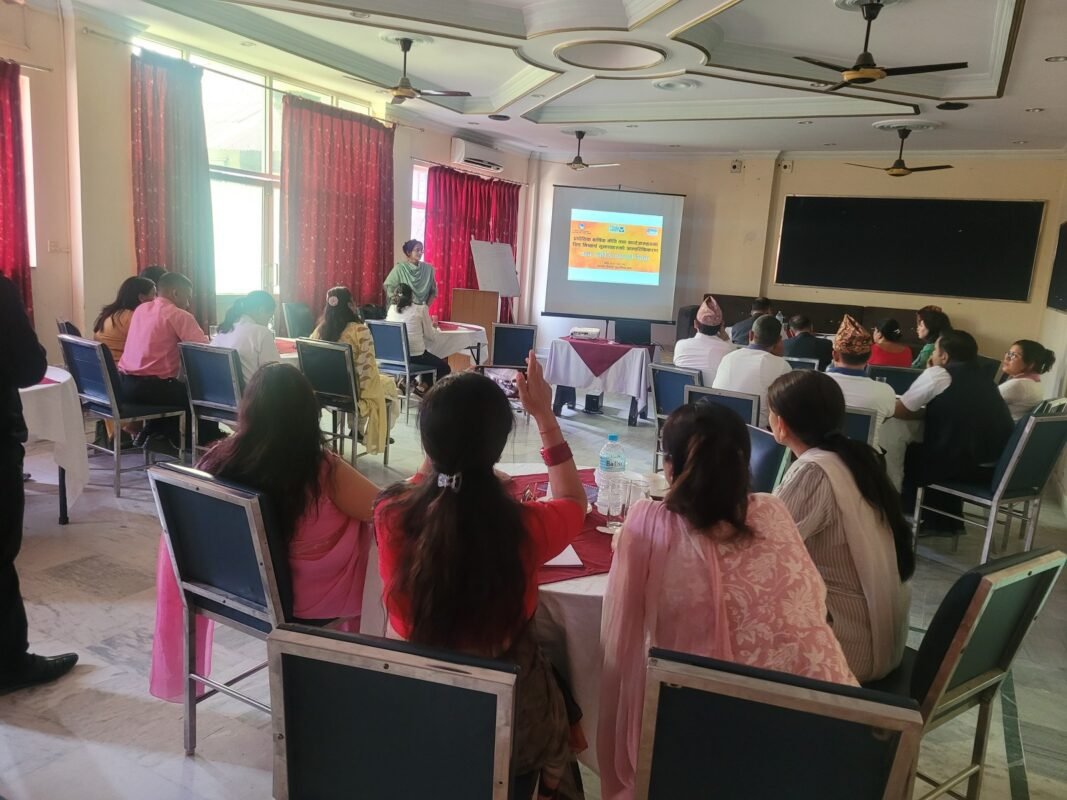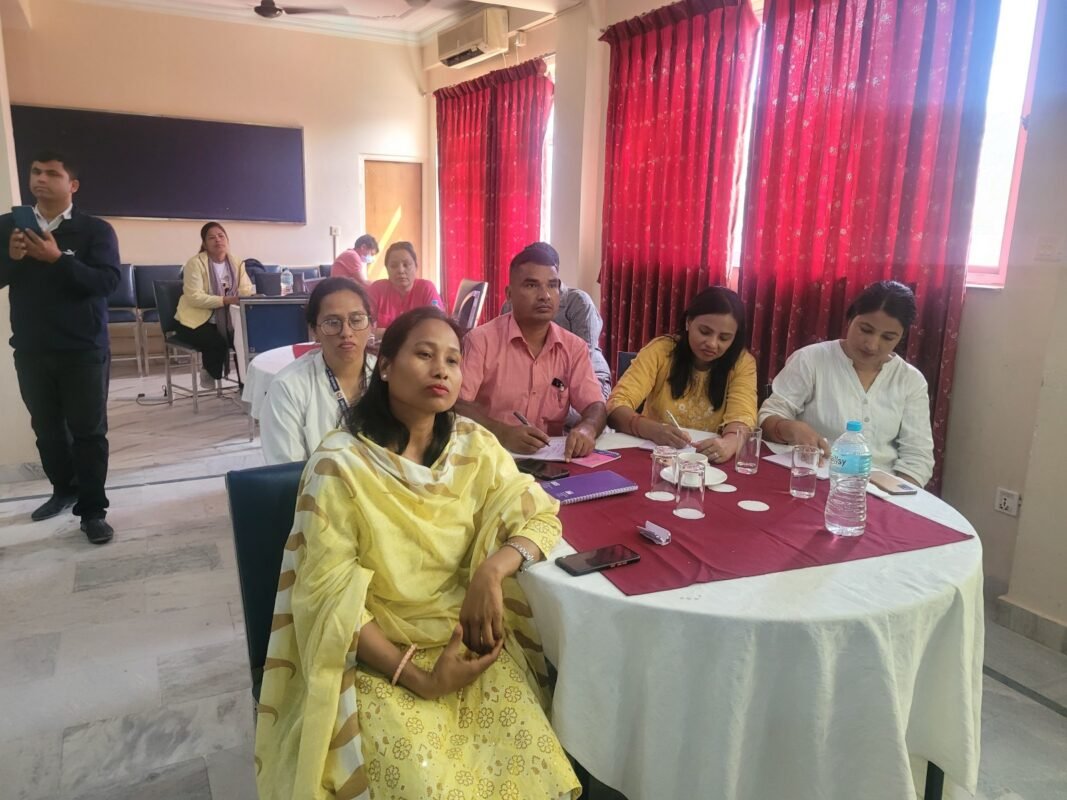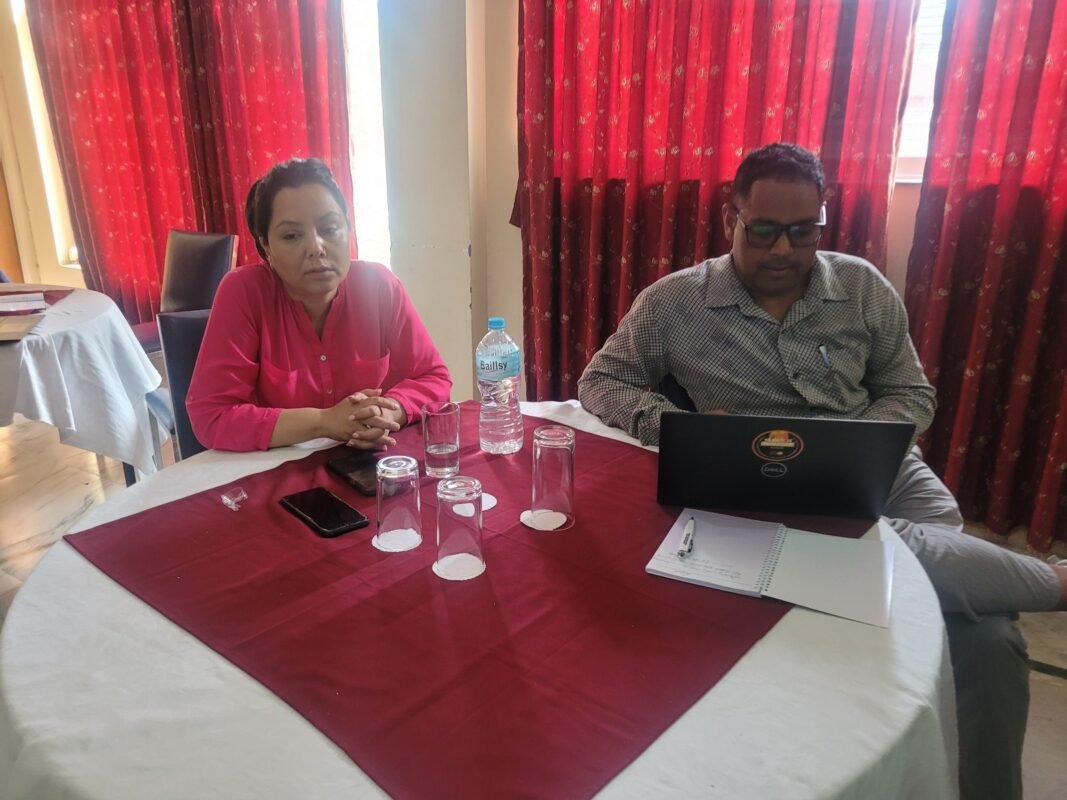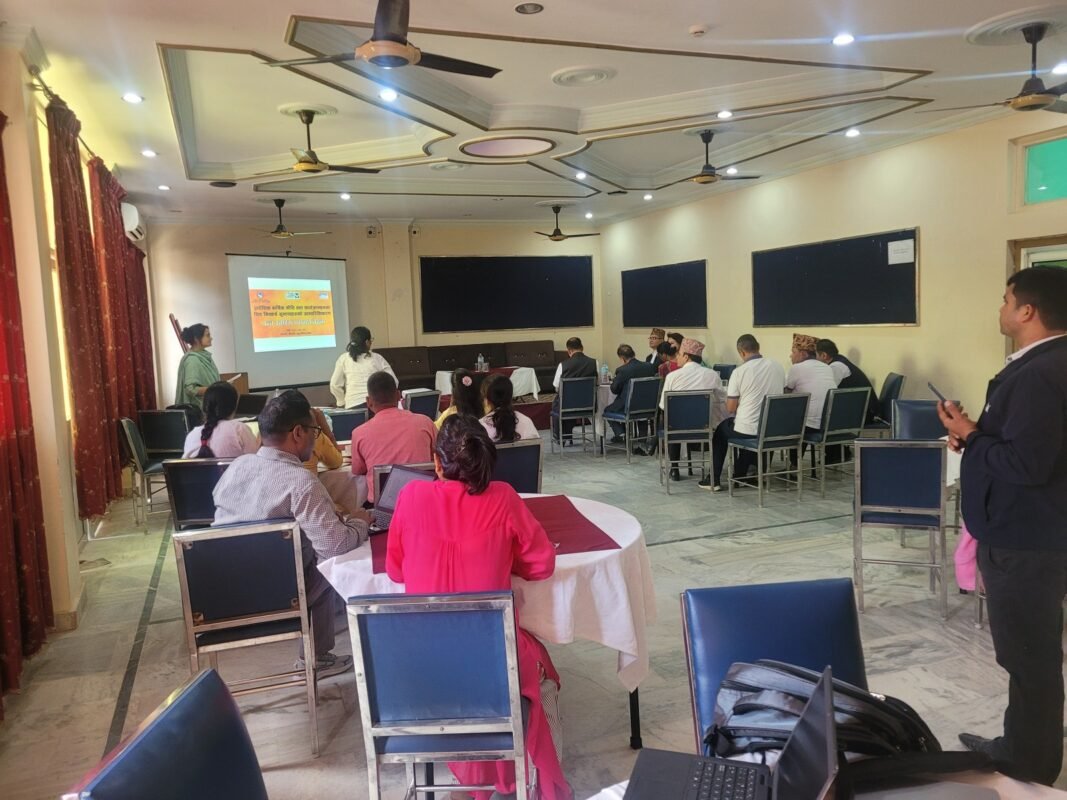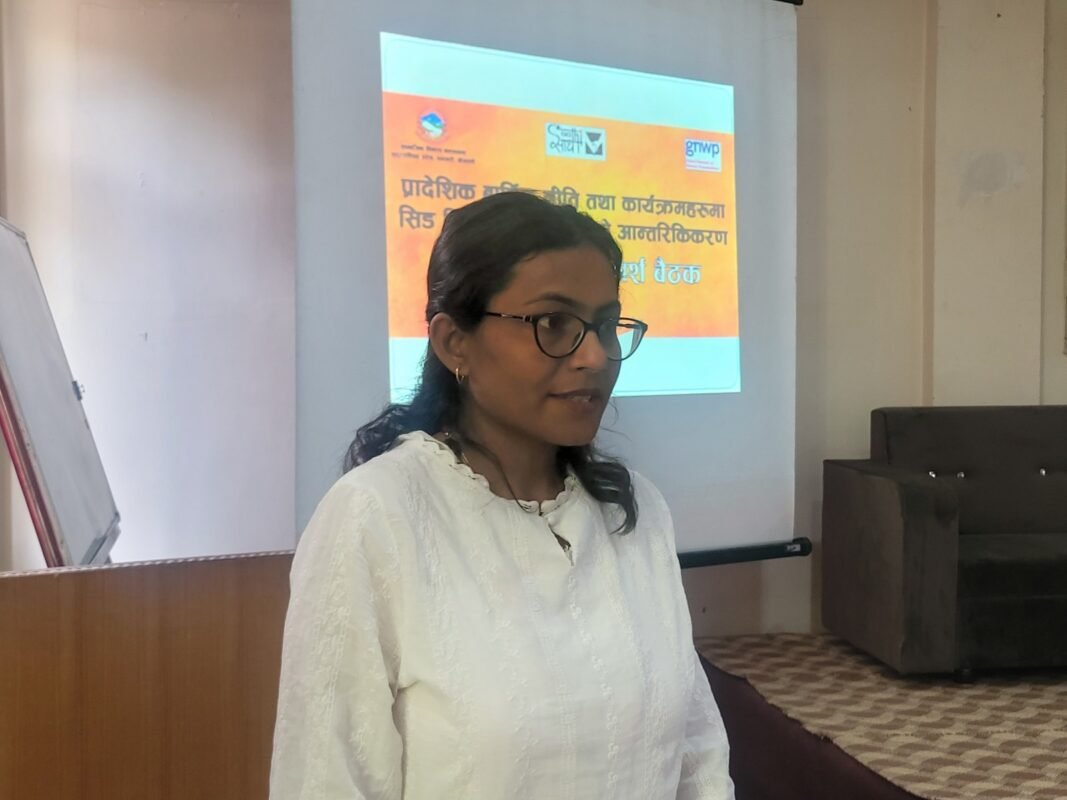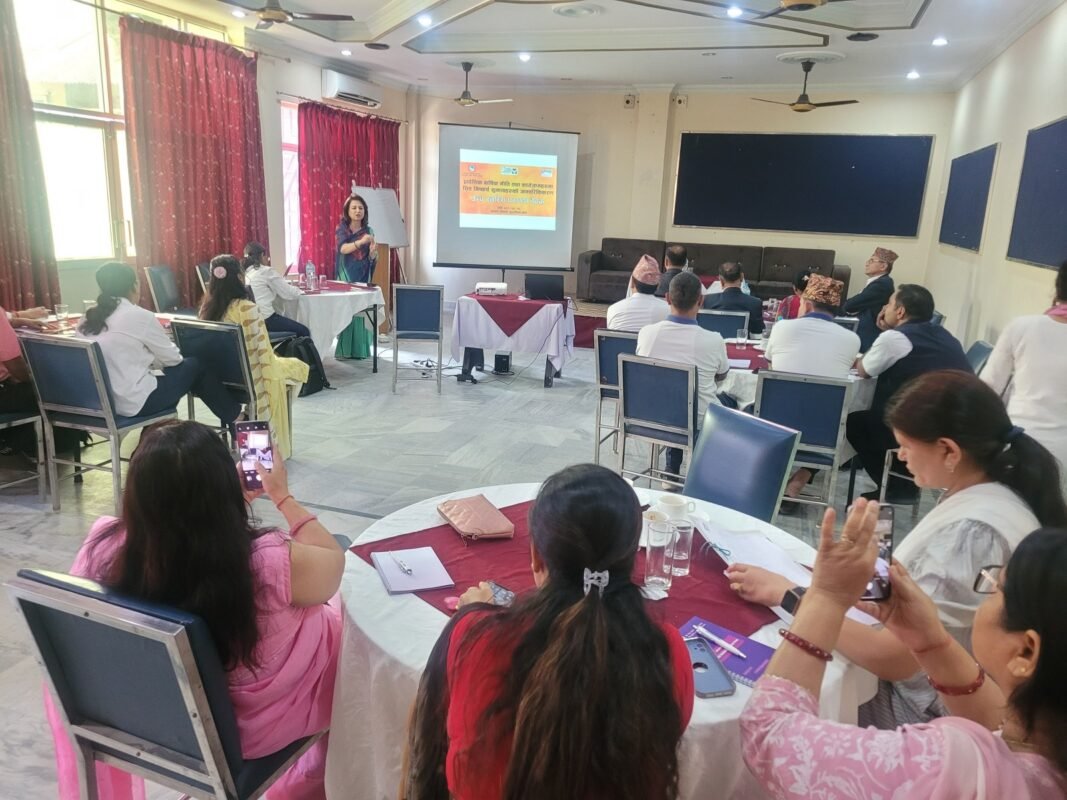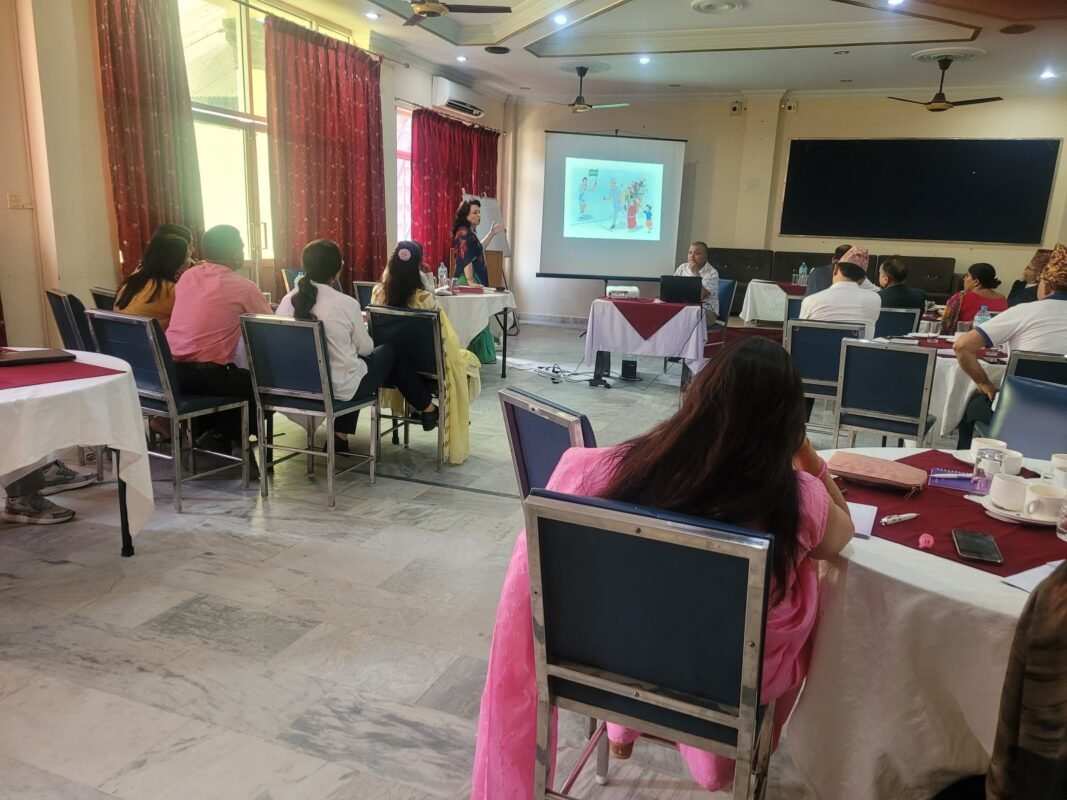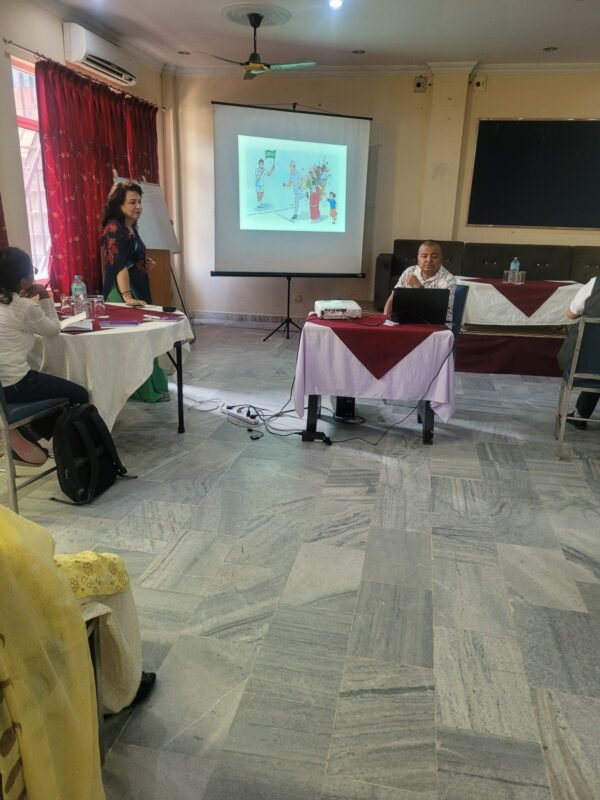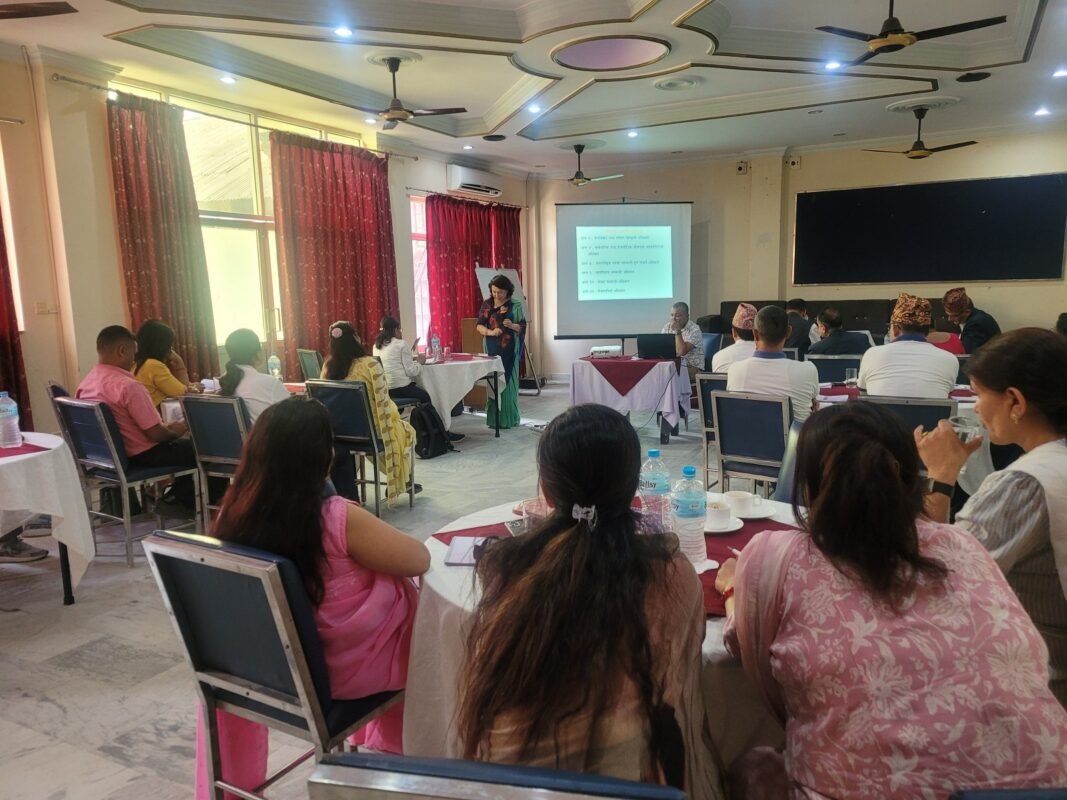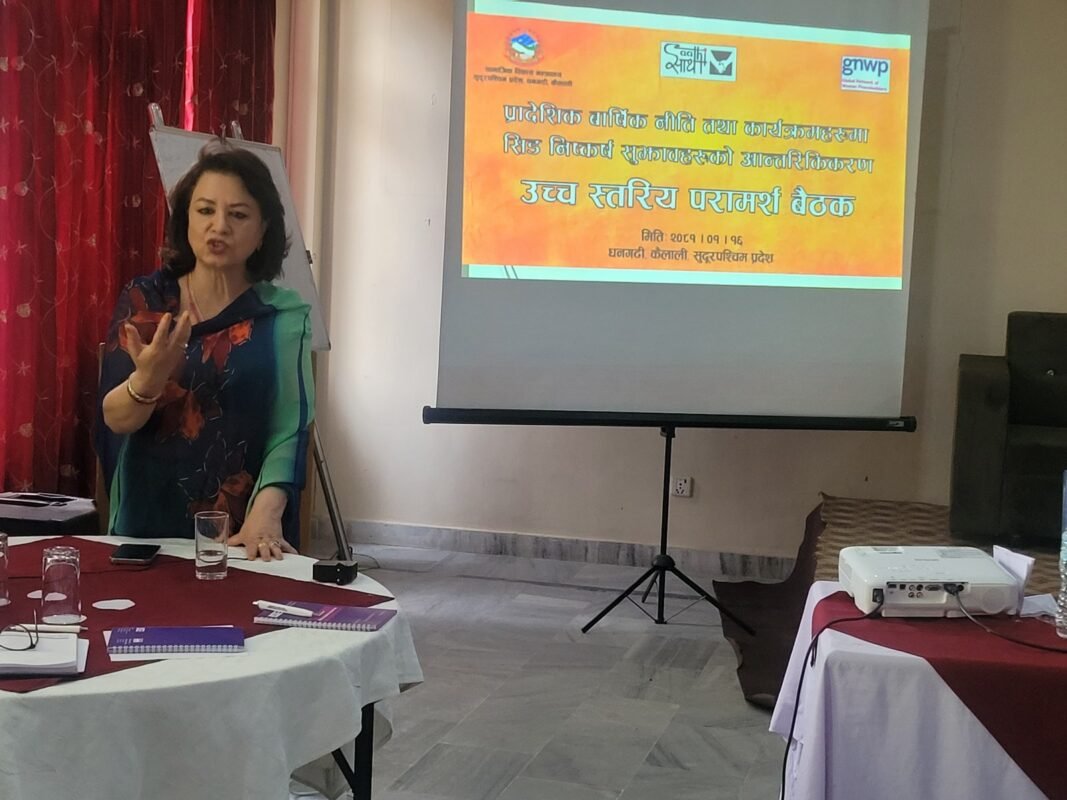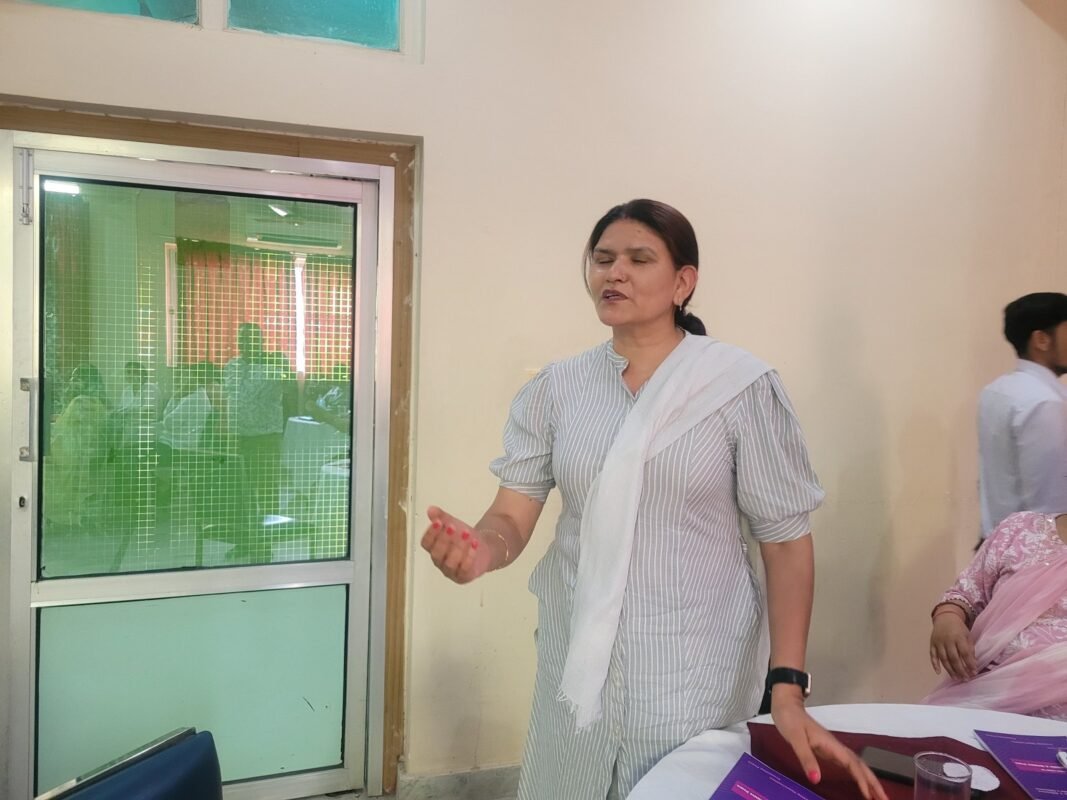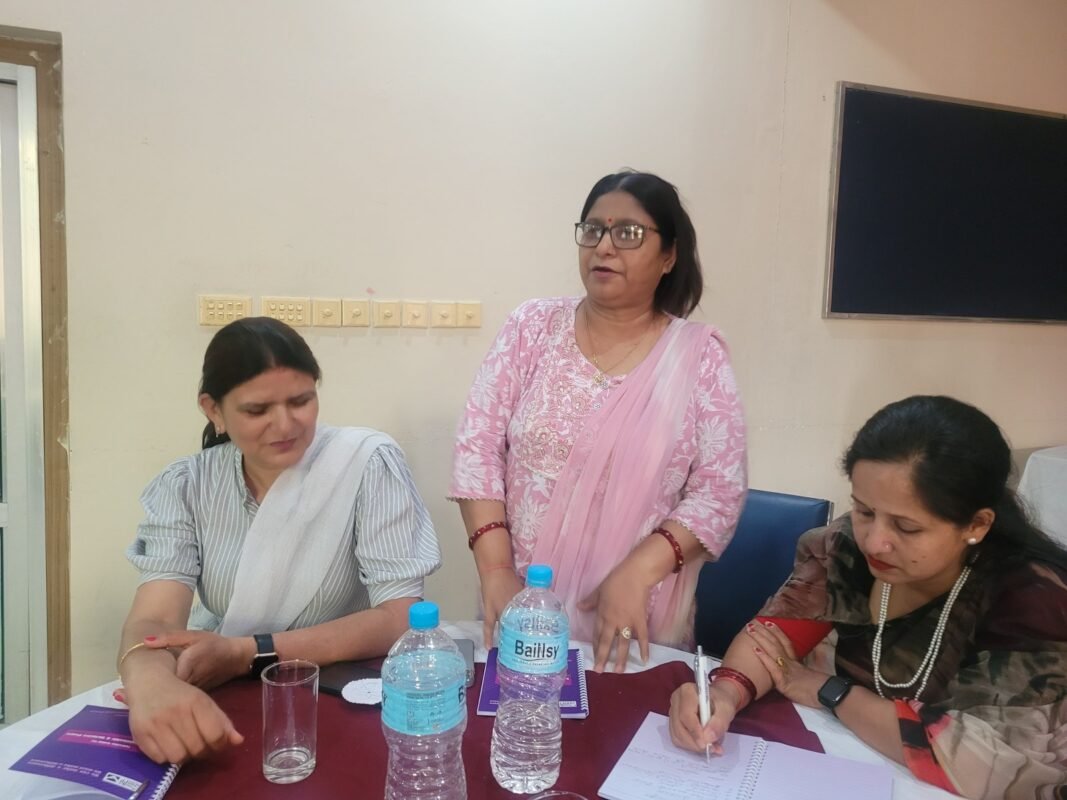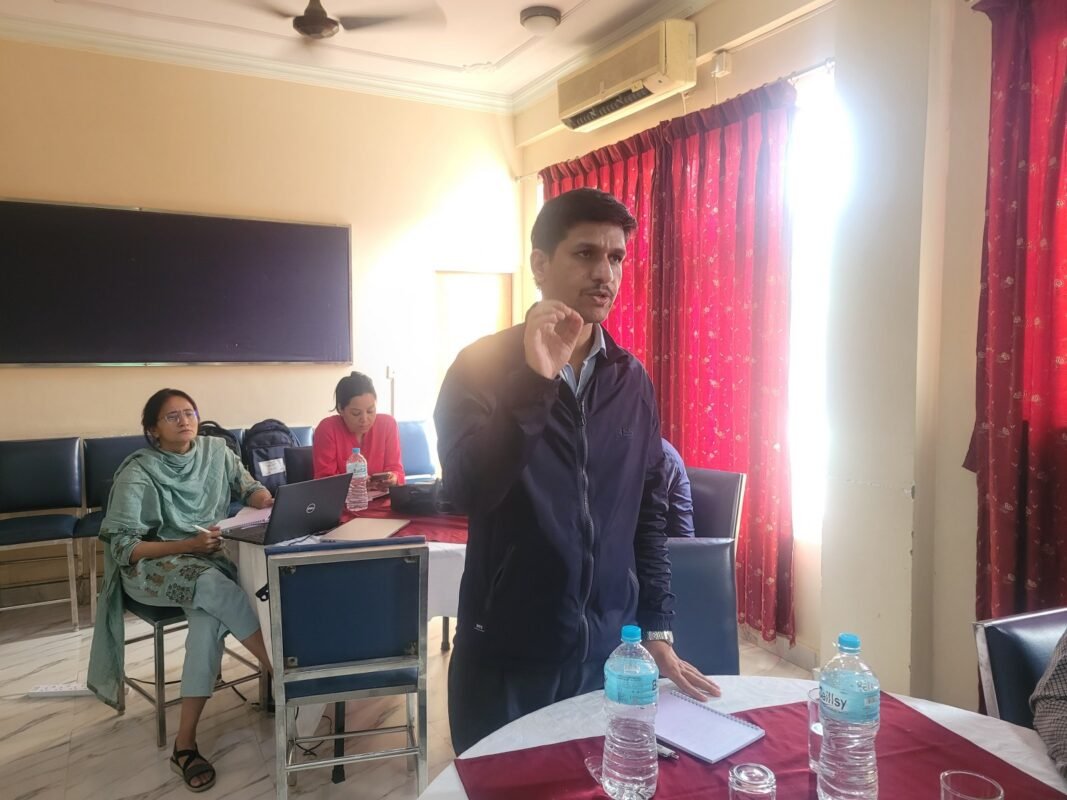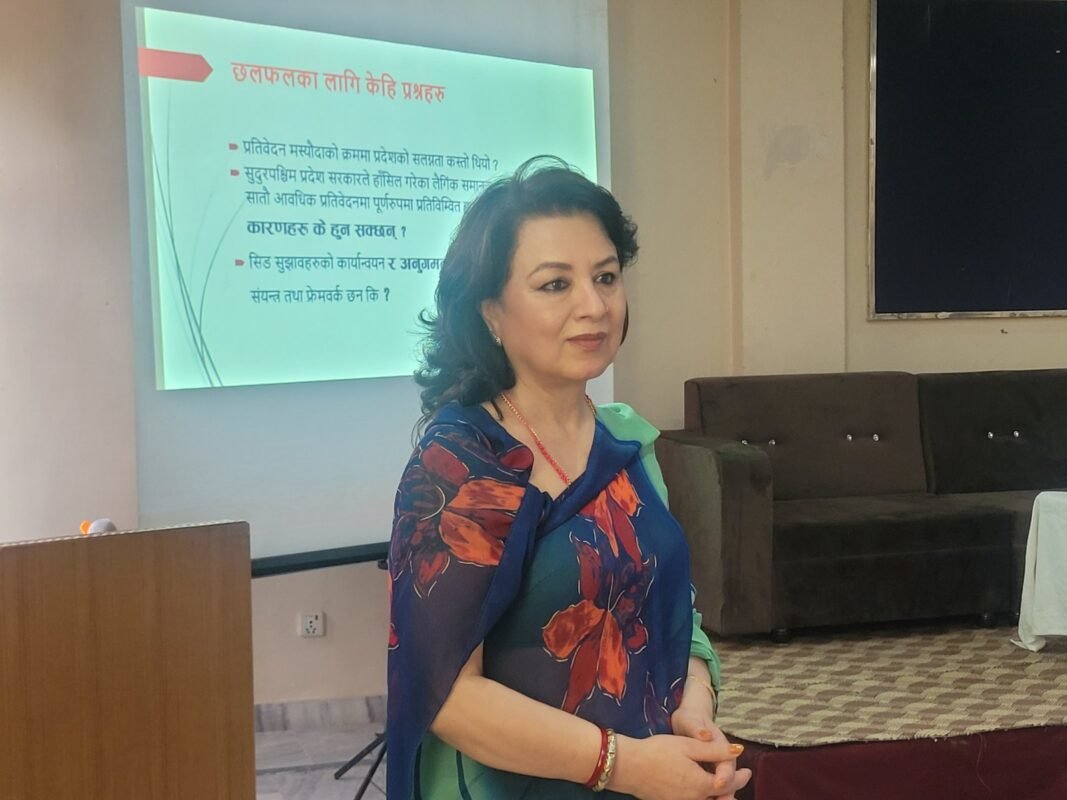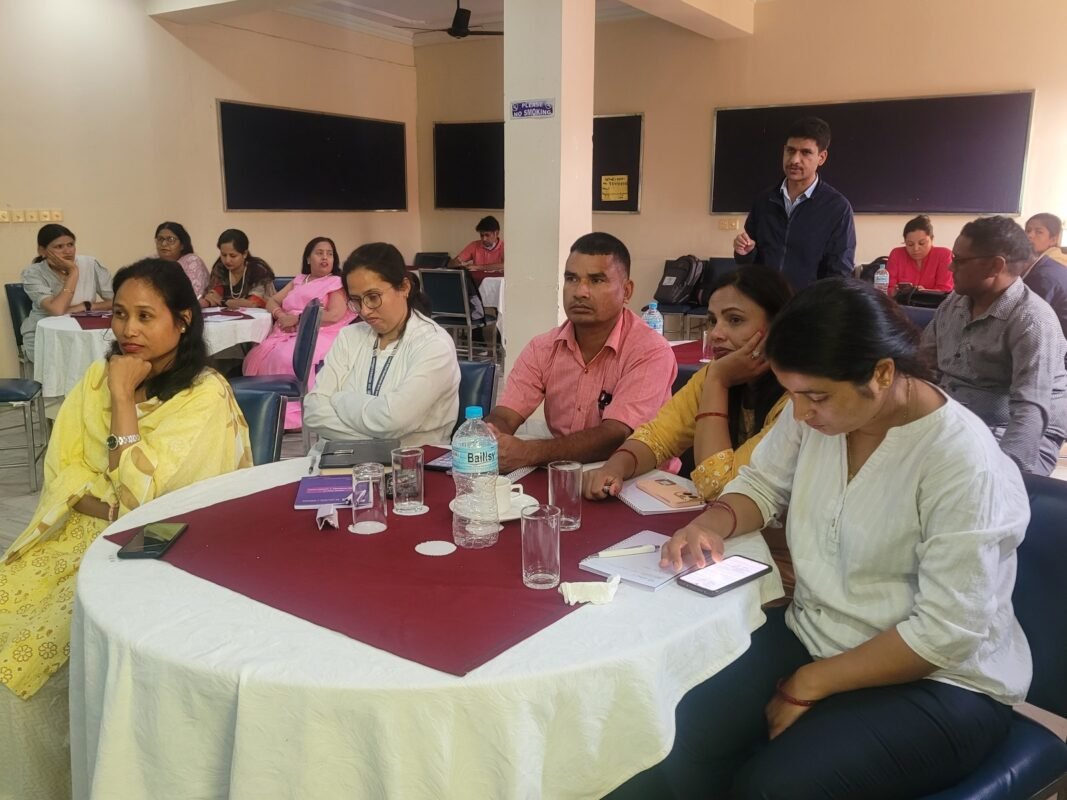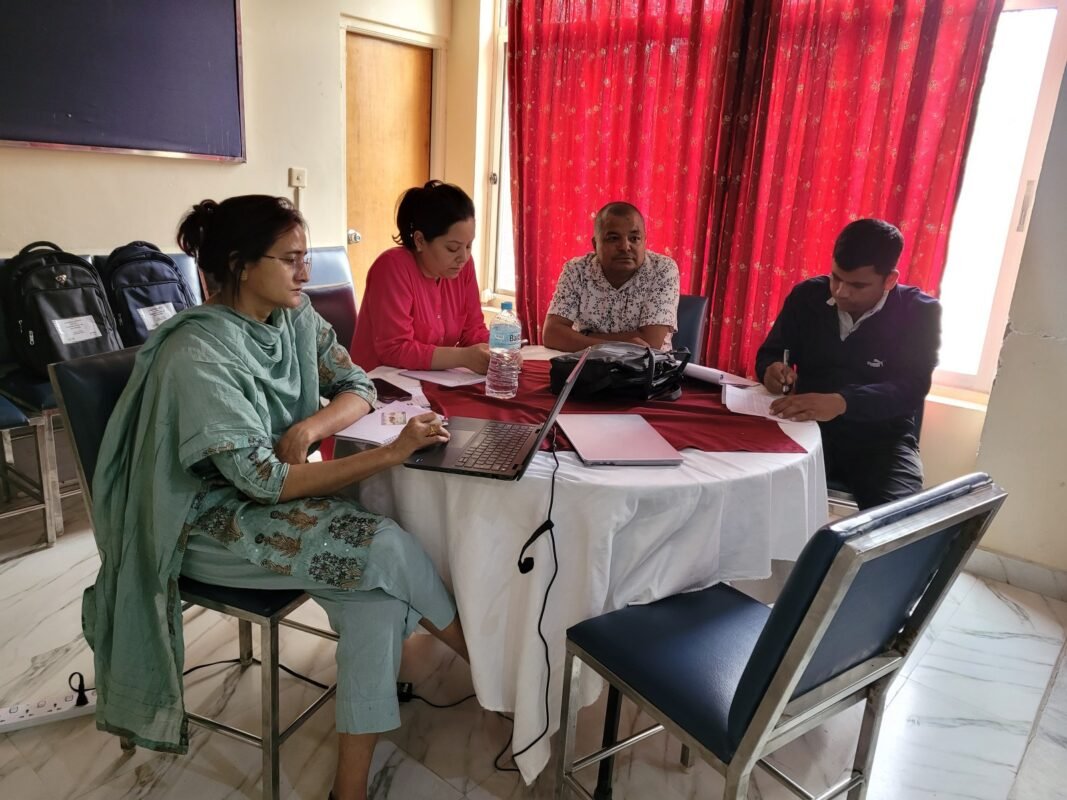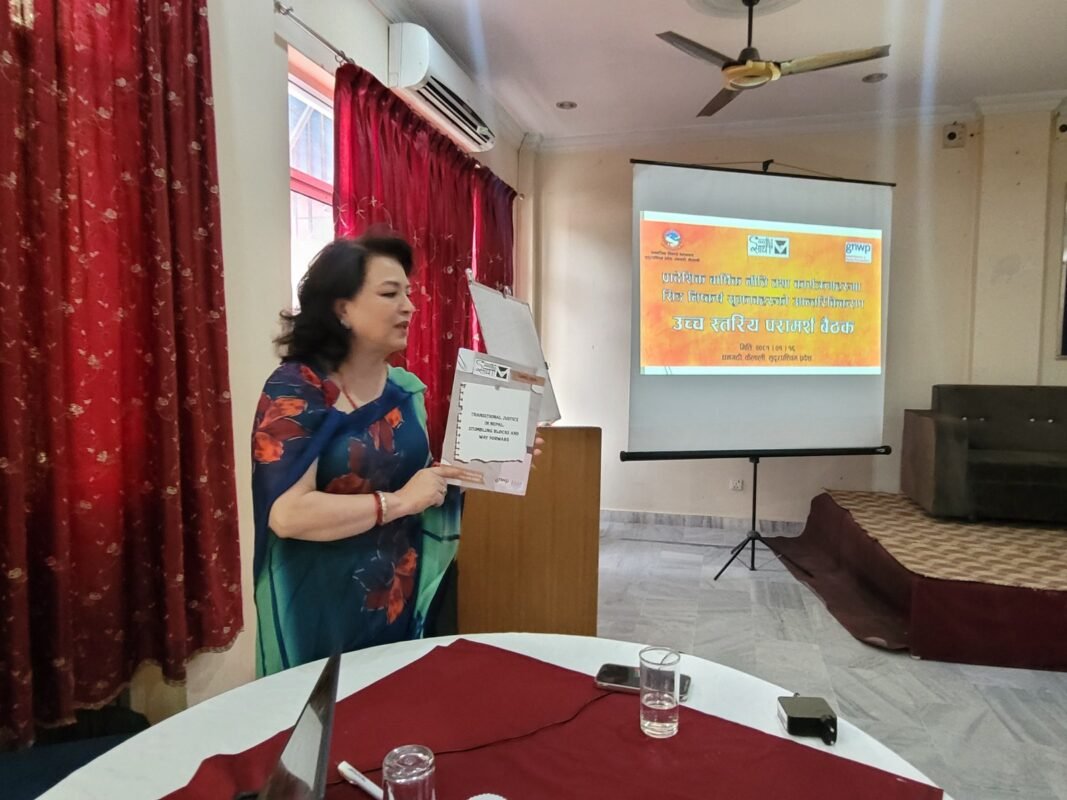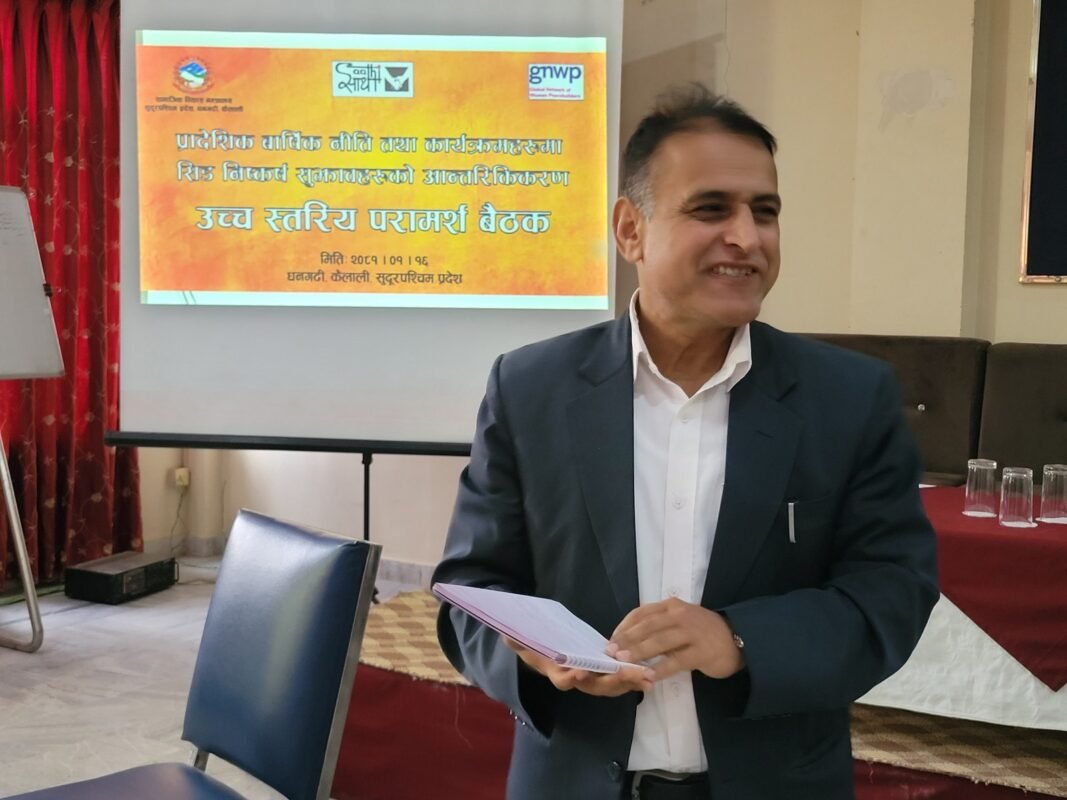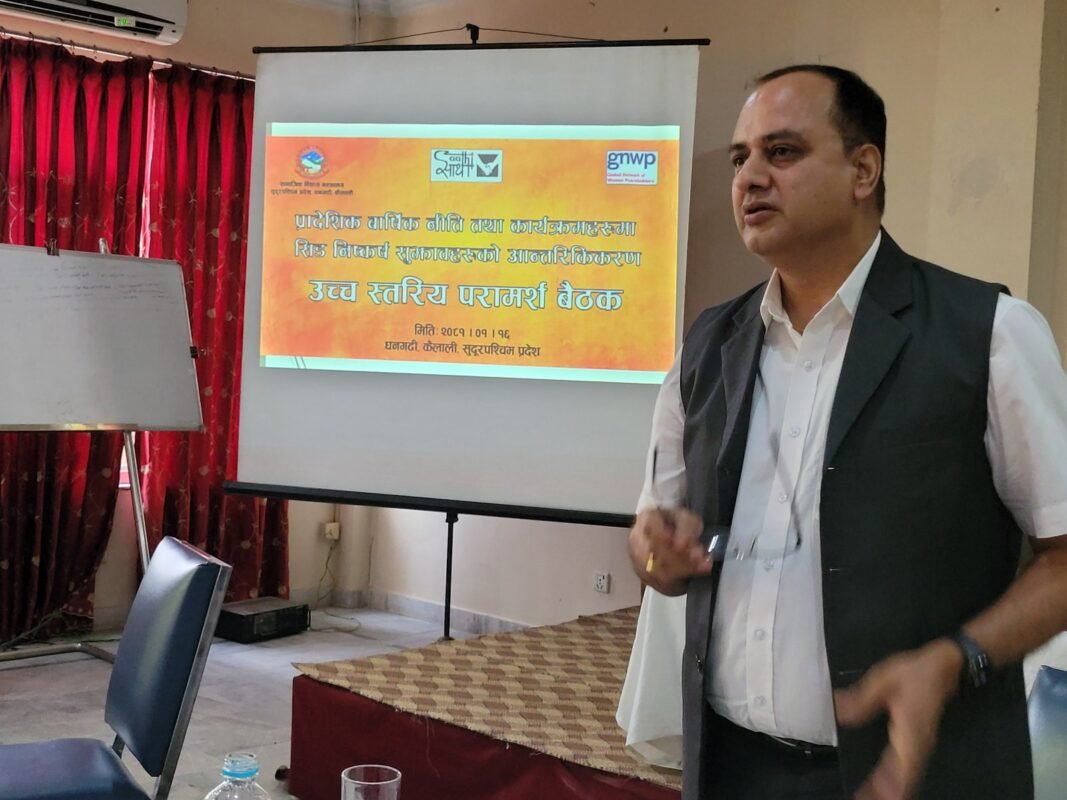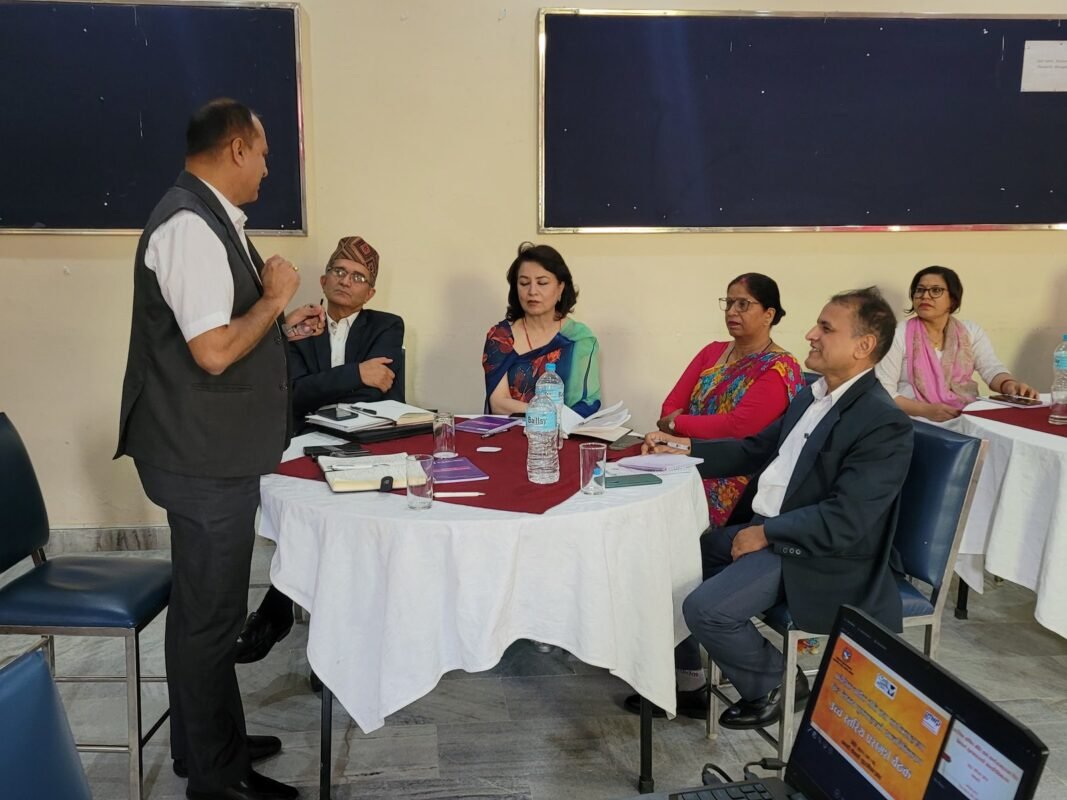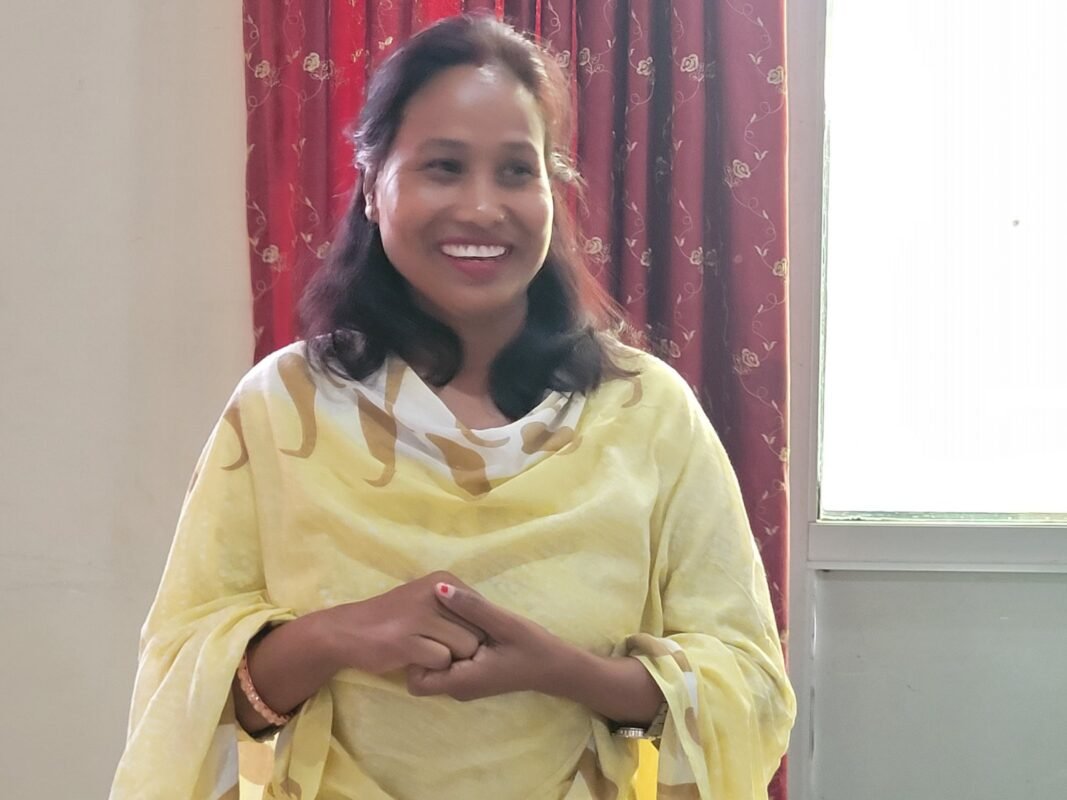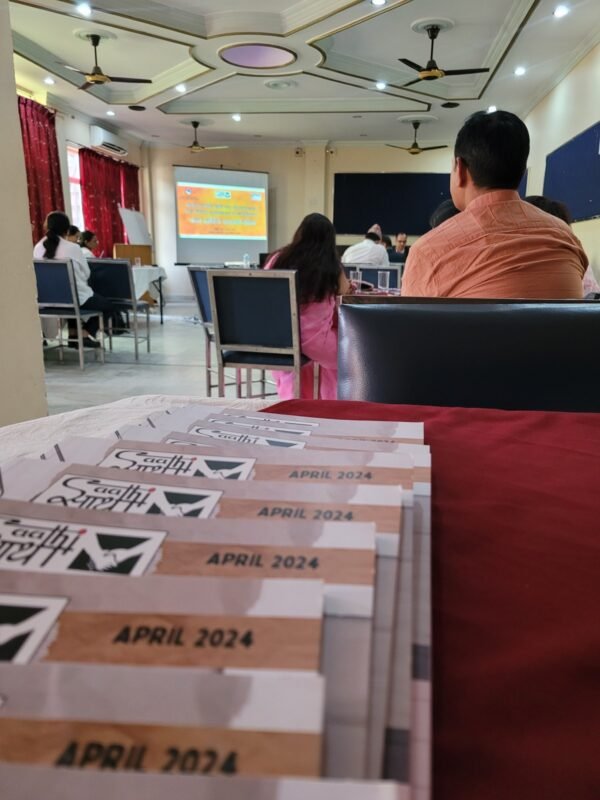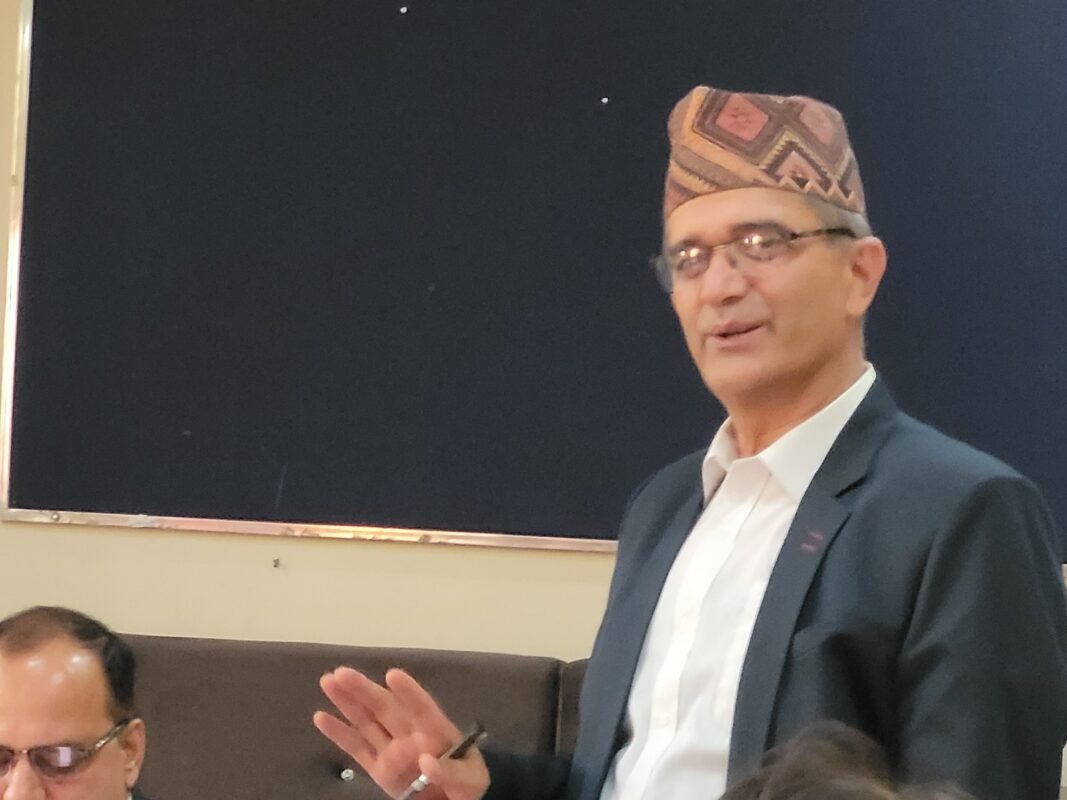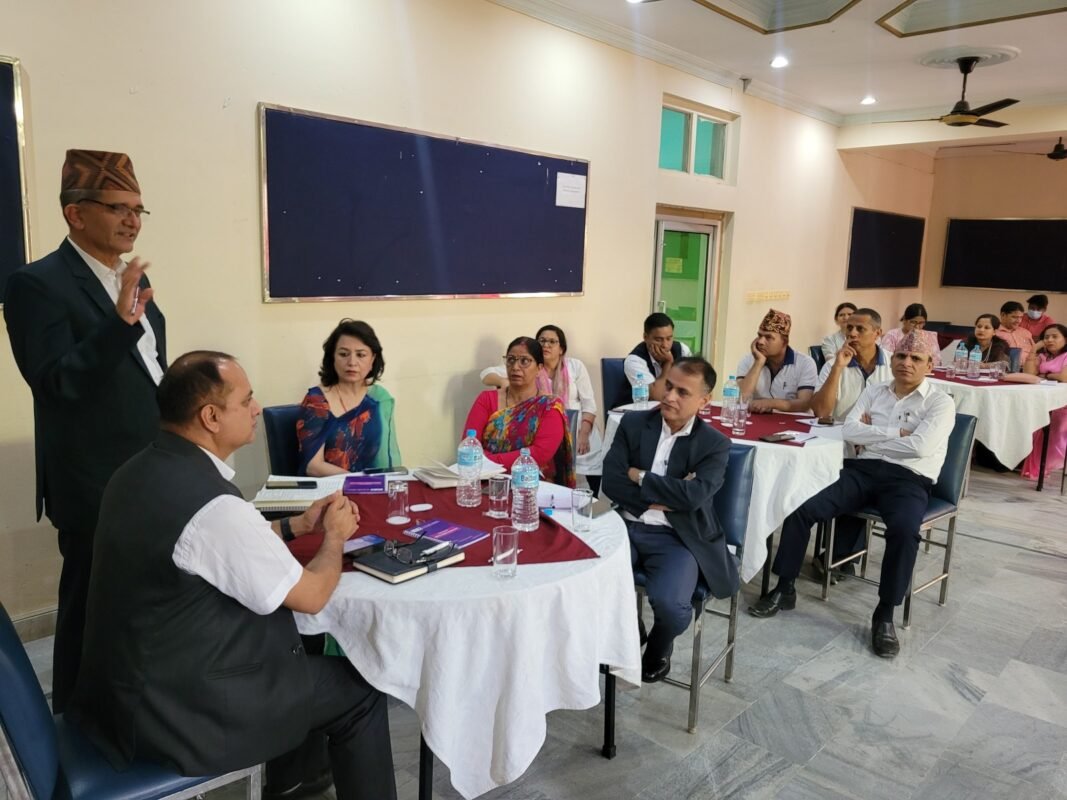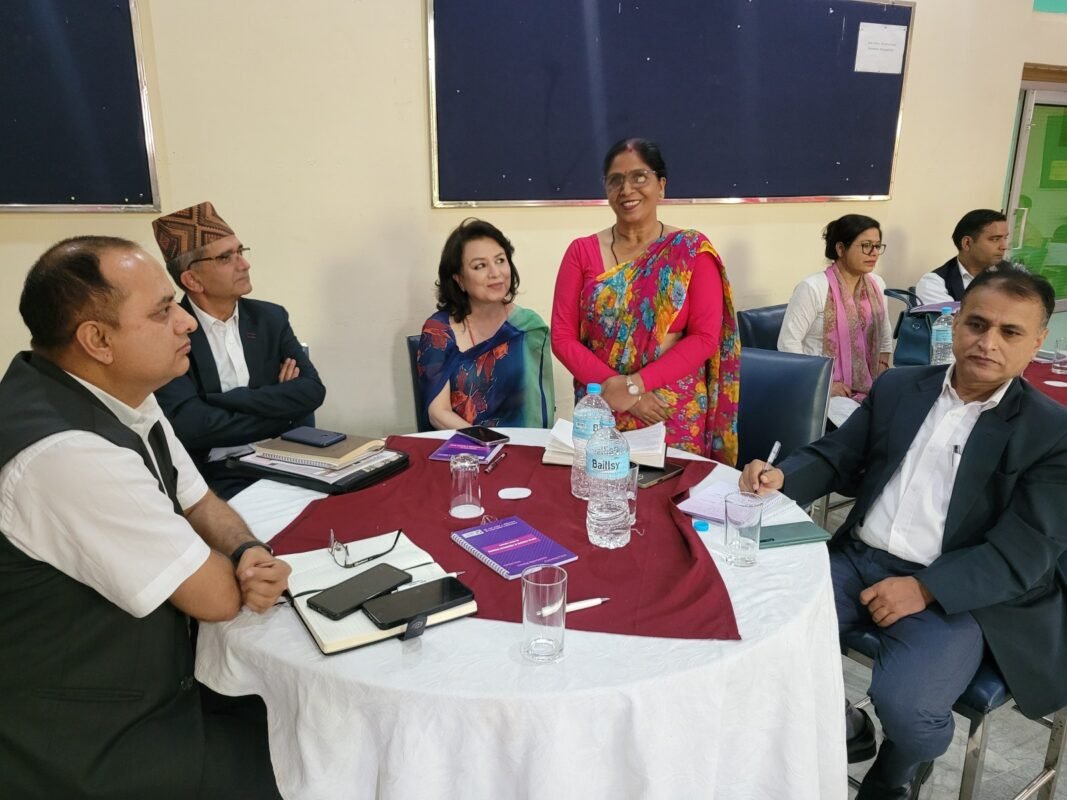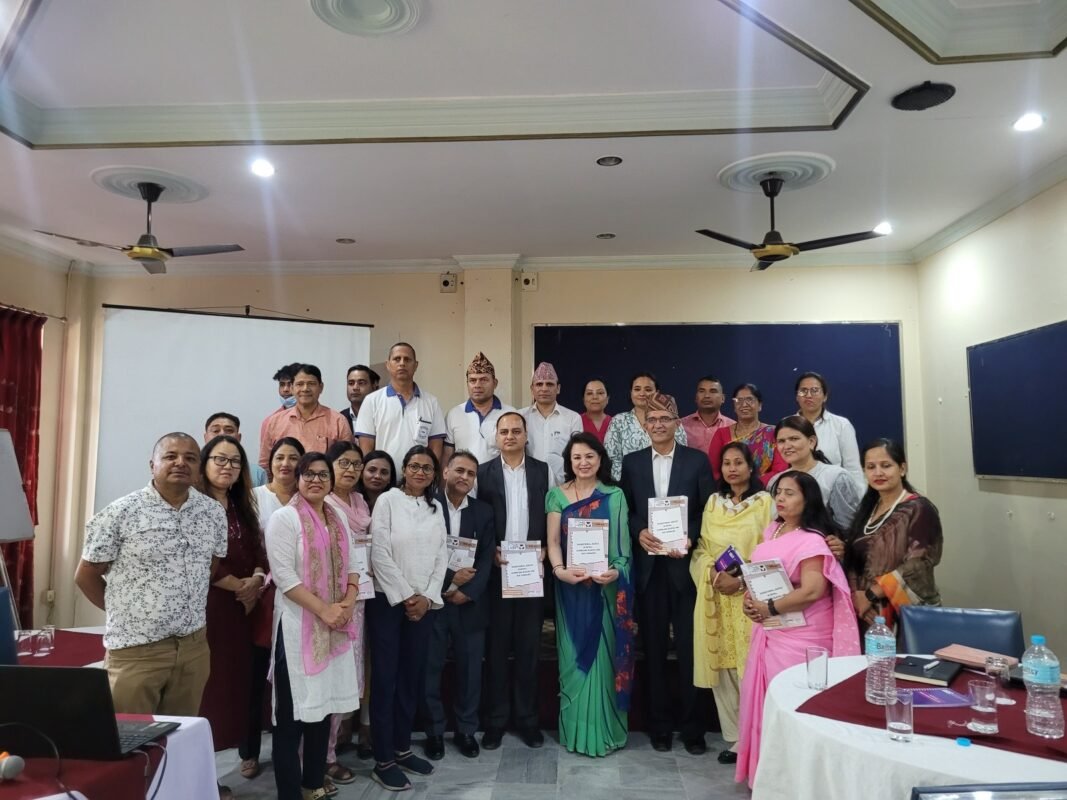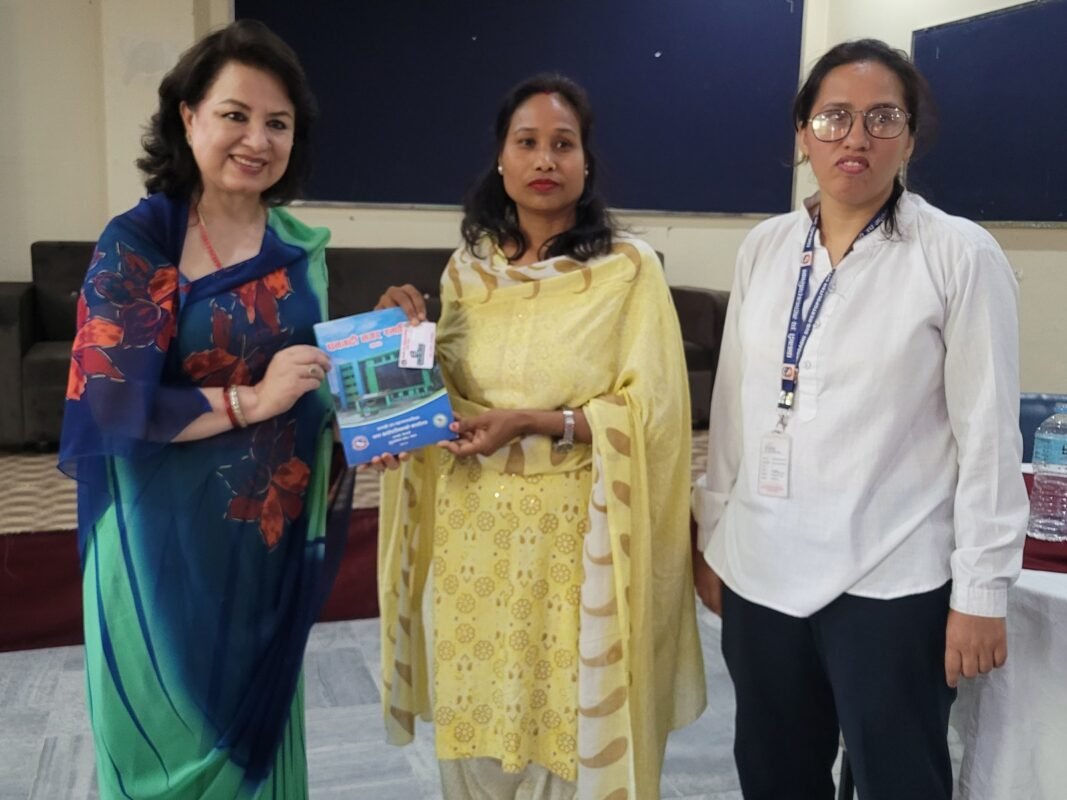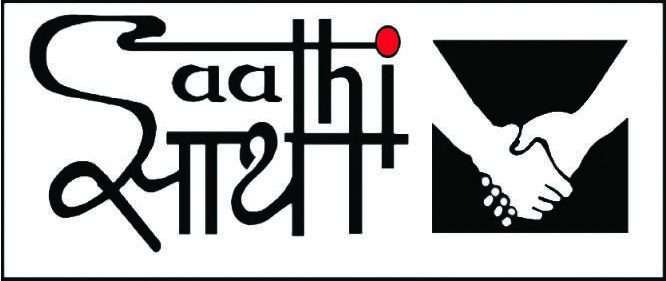April 29, 2024, Dhangadhi, Sudurpaschim Province – Saathi, in partnership with the Ministry of Social Development, Sudurpaschim Province, recently organized a significant consultative meeting in Dhangadhi on April 29th. The aim of the event was to discuss how gender mainstreaming can be integrated into the upcoming annual policy and program of the province.
During this meeting, Saathi seized the opportunity to sensitize high-level government officials involved in the planning process on the importance of gender mainstreaming. It reminded attendees of the concluding observations (Cobs) provided by the Convention on the Elimination of all Forms of Discrimination against Women (CEDAW) to the Nepal government.
The discussions revolved around internalizing the specific recommendations of CEDAW into the annual policy and plan of the province in advancing the rights of women and ensure their safety, security, and empowerment against gender-based violence.
Bandana Rana, Member of the UN CEDAW Committee, emphasized that CEDAW’s recommendations aim to promote substantive equality comprehensively.
She applauded the province’s commitment to gender equality and justice, expressed through the high-level presence at the meeting. Rana hoped that the new policy and program would further progress gender equality and enhance prevention and response to gender-based violence in the province.
Dr. Hari Lamsal, the Chief Secretary of the province, highlighted ongoing efforts to mainstream gender equality and women’s empowerment issues through appointed gender focal persons across ministries.
He also addressed gaps in documentation and data collection at the government level, stressing the need for more sensitive handling of gender and social inclusion issues in the upcoming annul policy and program the province government is drafting.
Participants raised concerns about the abolition of Women Development Offices (WDO) during the country’s federalization, stating that it has impeded progress in women’s empowerment and violence prevention at the district and community levels. They noted a perceived decline in Nepal’s once vibrant women’s movement, attributing it to sluggish progress.
Furthermore, participants lamented the government’s prioritization of hardware development over social development aspects like rights, social protection, and challenging harmful cultural practices. Government officials acknowledged the lack of proper documentation of government efforts in gender equality and women’s empowerment issues.

